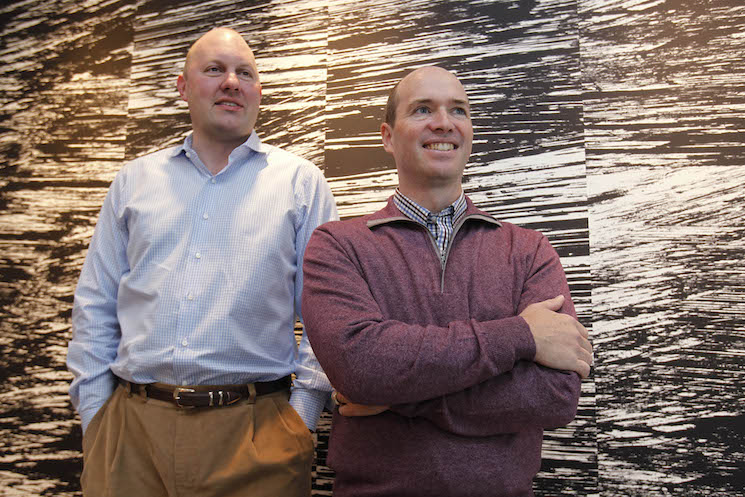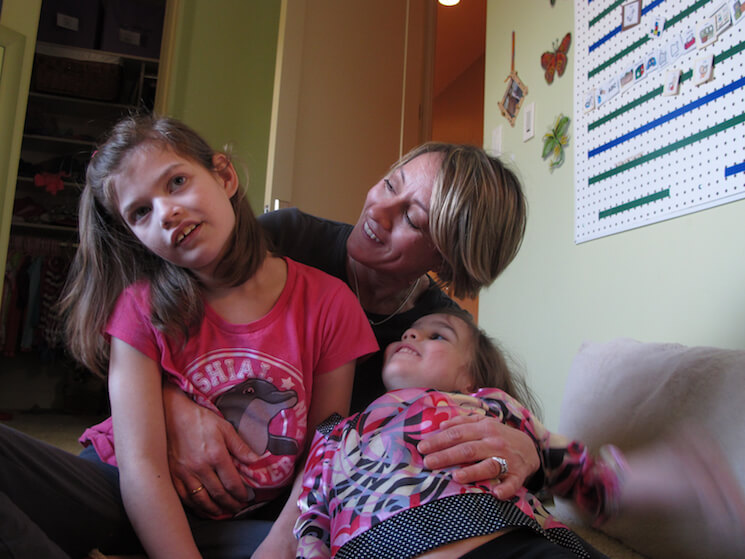Must-Read: On this one–views of fiscal policy–put me down not for progress but for “confusion for $2000”, Alex, for on this one I think the very sharp Olivier Blanchard has got it wrong.
The world cannot simultaneously be short of safe assets and yet there also be a correct “large consensus that [government debt] is too large today.” That just does not compute. You can say that the IMF and the exorbitant privilege-possessing reserve-currency issuers are not properly backstopping other governments (quite possibly because other governments are unwilling to allow the conditionality that would make such backstopping prudent). You can say that some countries have too much debt and other countries have too little. But you cannot say that government debt in general is too high when markets are screaming as loud as they can that the liabilities of exorbitant privilege-possessing reserve-currency issuers are the scarcest and most valuable things in the world:
: Rethinking Macro Policy: Progress or Confusion?: Fiscal Policy: “Let me move to a brief discussion of the third pillar, fiscal policy…
…We have learned many things. Fiscal stimulus can help. Public debt can increase very quickly when the economy tanks, but even more so when contingent—explicit or implicit—liabilities become actual liabilities. The effects of fiscal consolidation have led to a flurry of research on multipliers, on whether and when the direct effects of fiscal consolidation can be partly offset by confidence effects, through decreasing worries about debt sustainability. (There has been surprisingly little work or action where I was hoping to see it, namely, on a better design of automatic stabilizers.)… Navigation by sight may be fine for the time being. The issue of what debt ratio to aim for in the long run is not of the essence when there is a large consensus that it is too large today and the adjustment will be slow in any case—although even here, Brad DeLong has provocatively argued that current debt ratios are perhaps too low….
There is no magic debt-to-GDP number. Depending on the distribution of future growth rates and interest rates, on the extent of implicit and explicit contingent liabilities, one country’s high debt may well be sustainable, while another’s low debt may not. Conceptually and analytically, the right tool is a stochastic debt sustainability analysis (something we already use at the IMF when designing programs). The task of translating this into simple, understandable goals remains to be done…


